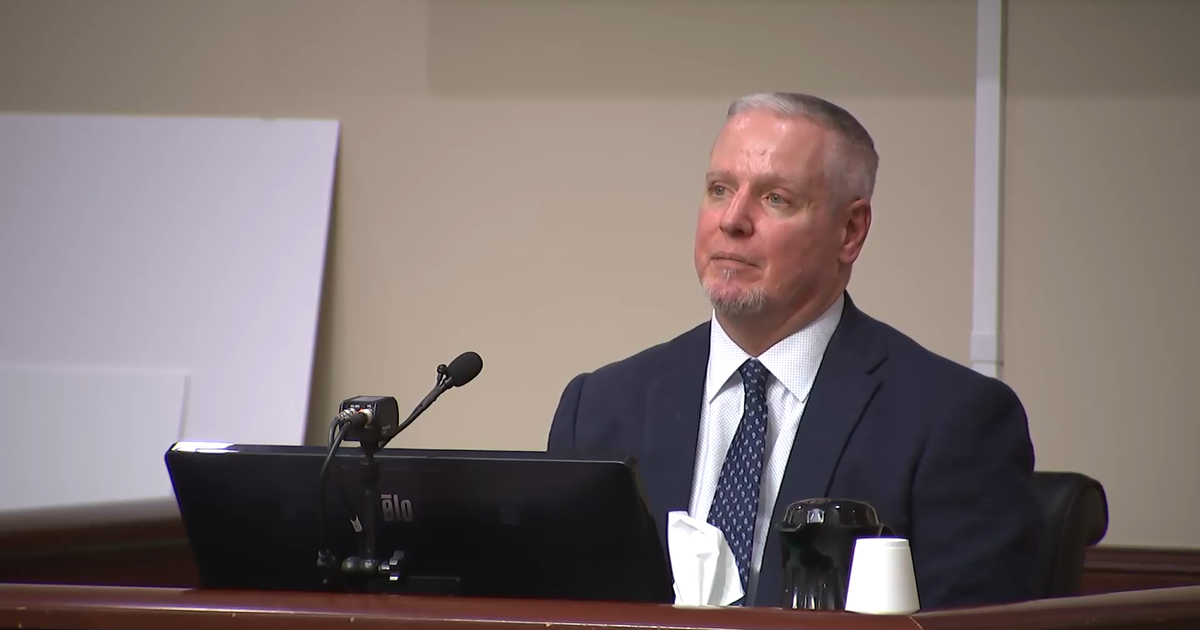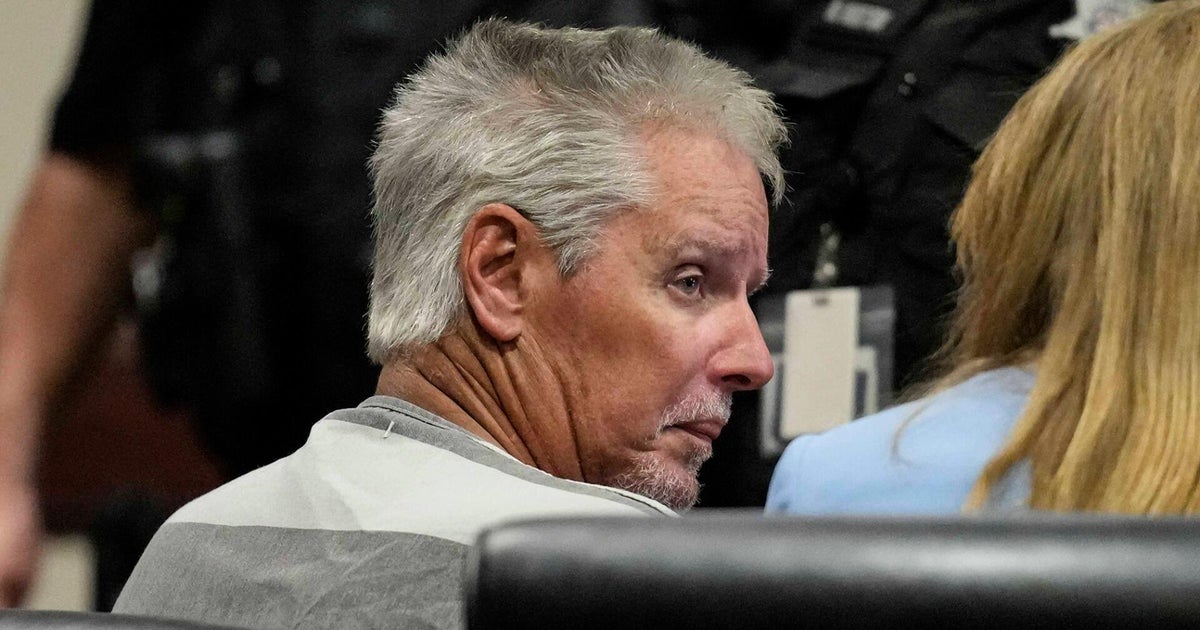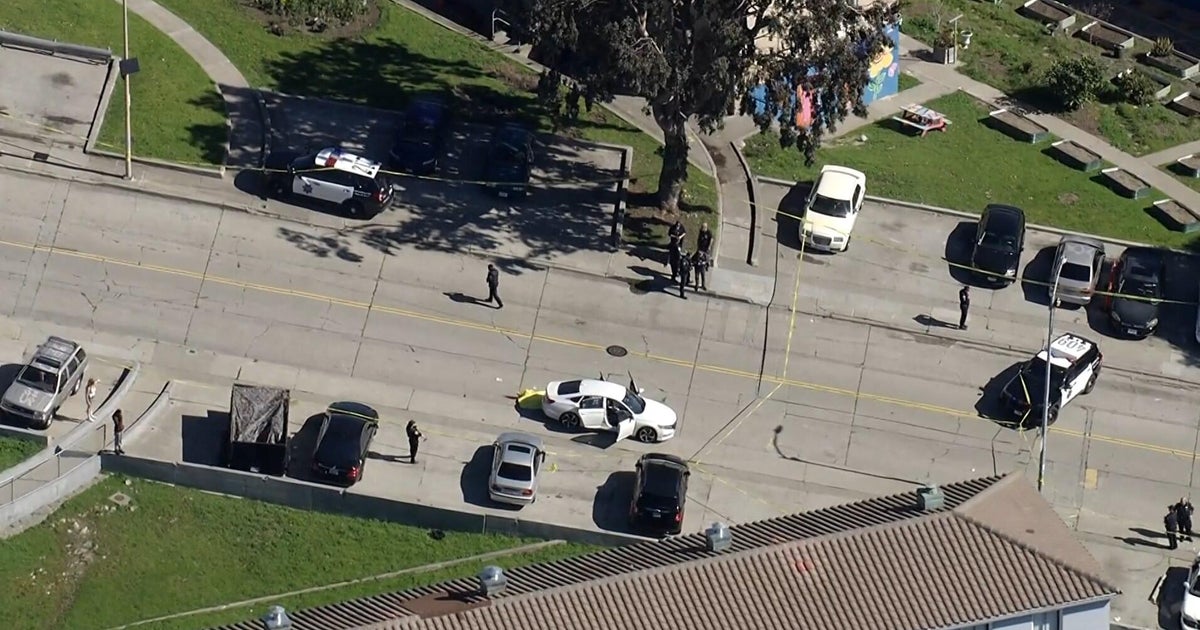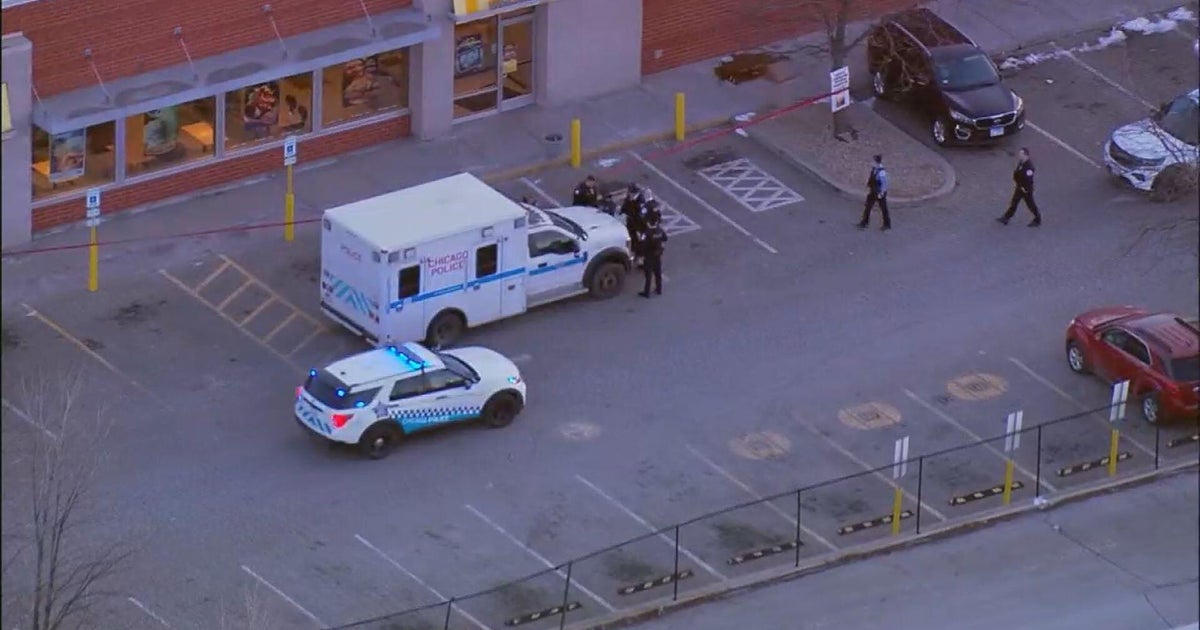Texas school mass shooting prompting difficult conversations between parents, kids
SAN FRANCISCO -- The horrific mass shooting inside a Texas school has schools on heightened alert in the Bay Area while prompting difficult conversations between parents and kids.
Having a conversation about gun violence with young children can be a difficult one and be very different for each family.
"I know the day is coming soon when he says, 'Daddy am I going to get shot?" said Justin Scales.
Responding truthfully to a question like that isn't easy. Many parents are trying to determine what's the appropriate age to talk about gun violence, especially when it happens inside a school.
There's no scientific answer, but there are some helpful guidelines as parents have these delicate conversations with their children.
"We're having trouble understanding how to address it," said Vicente Lloeisa.
Like so many parents, Lloeisa and his wife - who have two young children including a 6-year-old who's starting to ask a lot of questions - there's a fine line between saying too much and too little.
"It's difficult to broach without really being explicit and I guess that's part of the confusion how do you approach it," said Lloeisa.
Michael Robb of Common Sense Media says if a child age 7 or younger doesn't ask about something like a mass shooting, there's no need to address it for the most part.
Don't overexplain and don't over talk, said Robb.
But that line gets blurred for children age 8 and older who are more inquisitive, and exposed to more sources of information, sometimes exaggerated and inaccurate, from classmates in school.
"You can get into a little bit but keep it simple with just the facts and without a lot of intense details about what happened," said Robb.
Experts say carefully consider your child's maturity and temperament. Tell them that your family is safe, loved, and valued when questions about gun violence arise.
"My heart's already broken in anticipation because I know it's probably gonna happen," said Scales. "I'm going to say, 'I'm your daddy and I'm gonna protect you from that no matter what,'" said Scales. "I have to tell him that because he must feel safe. I only feel 99% sure of that, but it's that 1% rattling around in your brain constantly that can wreck it.
Experts say one of the most important pieces of advice during these conversations is to emphasize to your child that you are there as a parent to answer any questions they may have.







